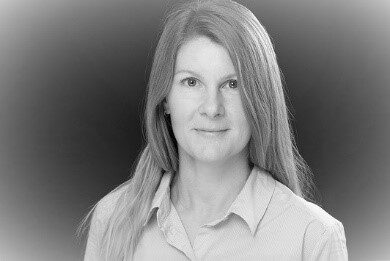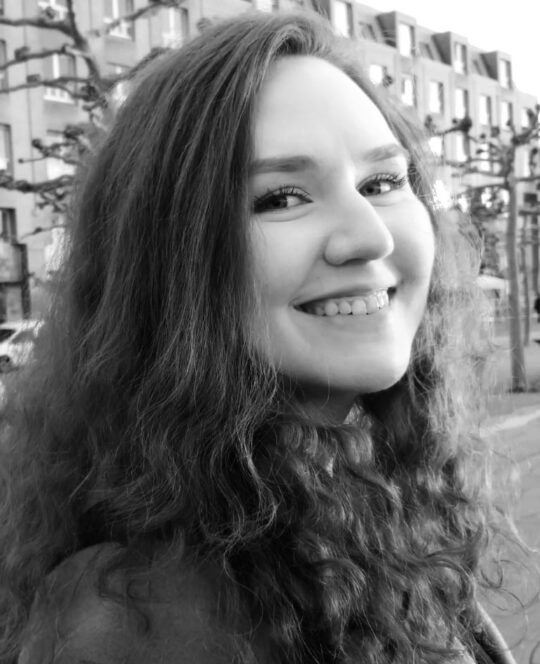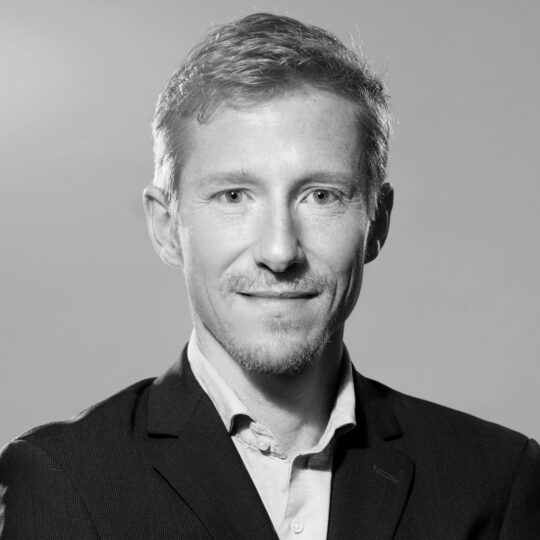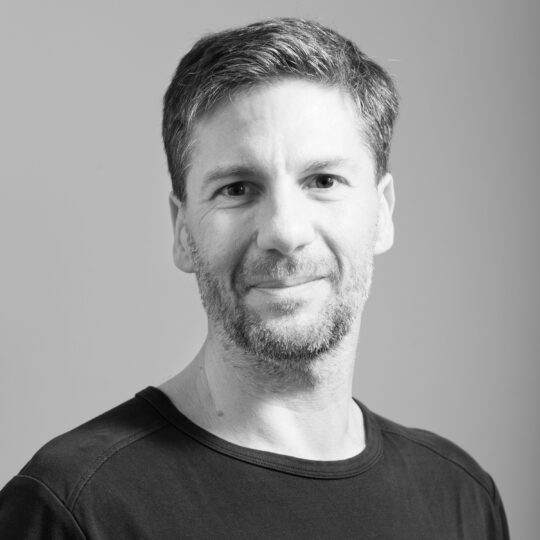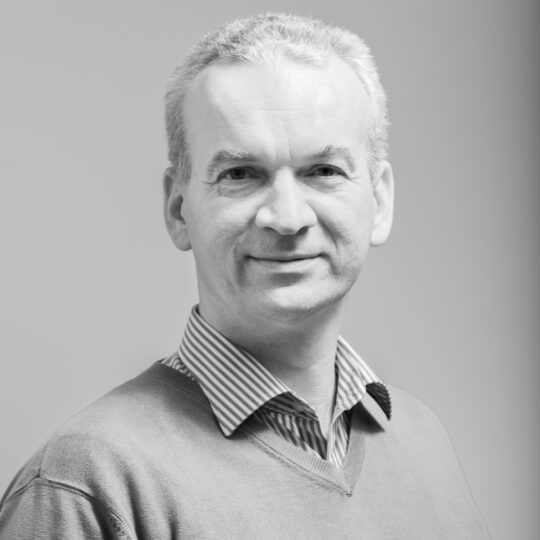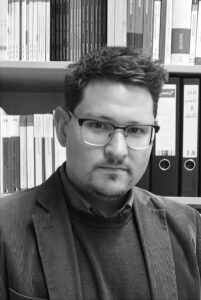Till Fahnenstich has been working as a research assistant at DIID since October 2023. He is currently studying philosophy and political science at HHU-Düsseldorf. He previously studied business law (LL.B.) at Aachen University of Applied Sciences and then worked as a business lawyer for a public sector company. As an assistant in the core team, he supports the institute in various organizational tasks and conducts workshops on AI ethics at schools.
He is particularly interested in political philosophy, ethics and philosophical logic.



